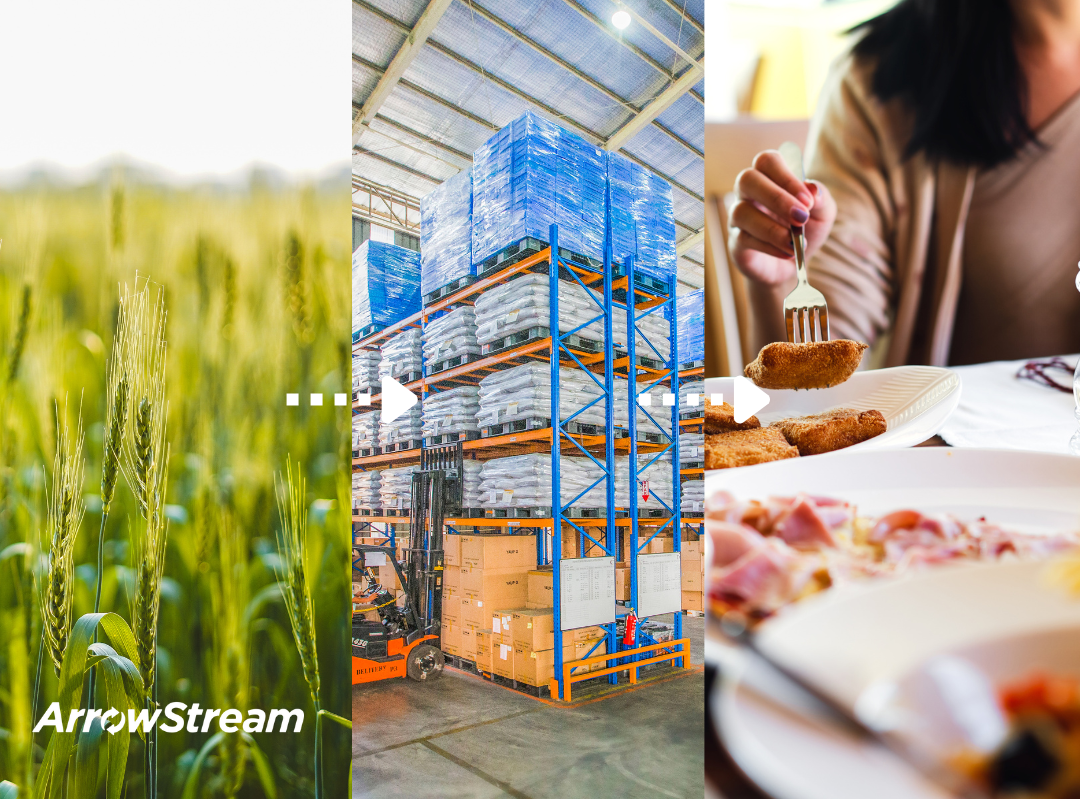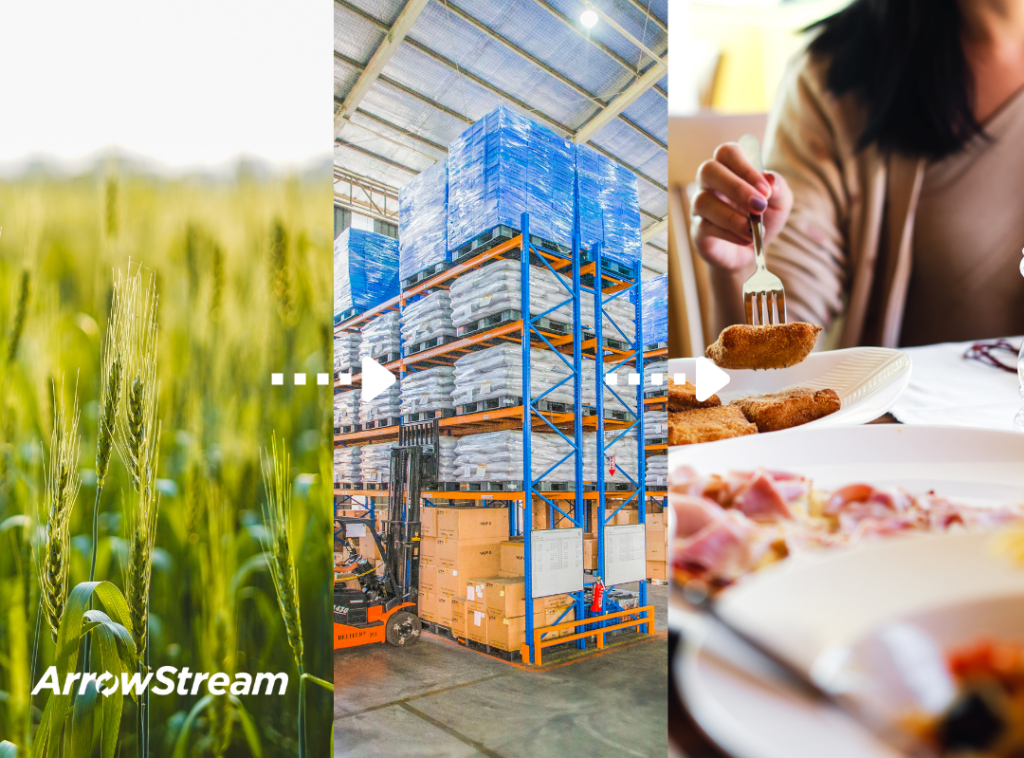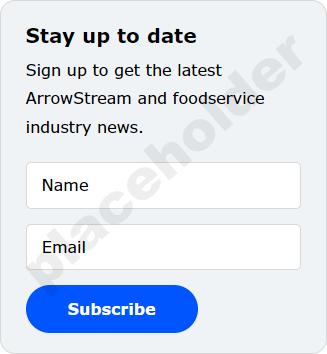
Improper food handling is one of the leading causes of foodborne illnesses. To create a more secure food handling process, The Food Safety Modernization Act (FSMA) was signed into law in 2011.
In November 2022, the FDA updated FSMA and published a final rule “Requirements for Additional Traceability Records for Certain Foods.” The final rule is designed to improve the ability to rapidly track and trace food through the supply chain.
What is FSMA?
The Food Safety Modernization Act, FSMA, was signed into law in 2011. FSMA has given the FDA new authority to regulate the way food is grown, harvested, and processed.
FSMA focuses on preventing food safety problems before they happen and recognizes the importance of strong Foodborne illness and outbreak surveillance systems.
Where can I find the FSMA official rules and guidelines?
To view the full list of rules and guidance related to the Food Safety Modernization Act (FSMA), you can visit FDA.gov.
What is the FDA Food Traceability Rule (204)?
The final rule establishes additional traceability recordkeeping requirements for those that manufacture, process, pack or hold certain foods, including fresh leafy greens, nut butters, fresh-cut fruits and vegetables and ready-to-eat deli salads. In collaboration with industry, the FDA will be able to more rapidly and effectively identify the origin and route of travel of certain contaminated foods to prevent or mitigate foodborne illness outbreaks, address credible threats of serious adverse health consequences or death, and minimize overly broad advisories or recalls that implicate unaffected food products.
When am I required to be compliant by?
Since the Food Traceability Final Rule requires entities to share information with other entities in their supply chain, the most effective and efficient way to implement the rule is to have all persons subject to the requirements come into compliance by the same date. All applicable entities are required to be compliant by Tuesday, January 20, 2026.
What will be required of Chain operators to comply with FSMA traceability rules?
All parties in the food supply chain who manufacture, process, pack, or hold foods on the Food Traceability List (includes cheese, produce, and fish) will be required to capture designated Key Data Elements pertaining to specific Critical Tracking Events for those products.
Key Data Elements include shipping/receiving location, date of the event, quantity and UOM, product description, product lot code, and other data elements that are specific to certain Critical Tracking Events.
Chain operators will be responsible for retaining Key Data Elements related to the receiving of products, which should be provided by their distribution partners. Chain operators are considered a Receiver if they receive products on the Food Traceability List. In most cases, the food shipper will send the operator the majority of the KDEs. Depending on whether the operator is performing any other critical tracking events, it may be required to keep additional records.
Operators must be able to show a Traceability Plan demonstrating their ability to capture and access the information. The plan must enable traceability data to be provided within 24 hours of request by the FDA.
What should I do next?
Since the food traceability rule affects the whole foodservice industry, rest assured you don’t have to do it alone. Solutions such as ArrowStream Central are a centralized, consolidated data platform providing visibility into the foodservice supply chain. As such, they provide a natural repository for traceability data. Work with your technology partners to help facilitate the data collection and record keeping that will enable FSMA compliance.
Have more questions about how ArrowStream can help you stay compliant? Contact us today!

